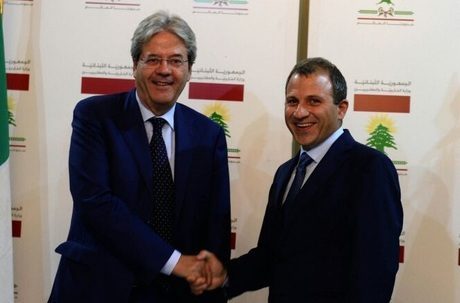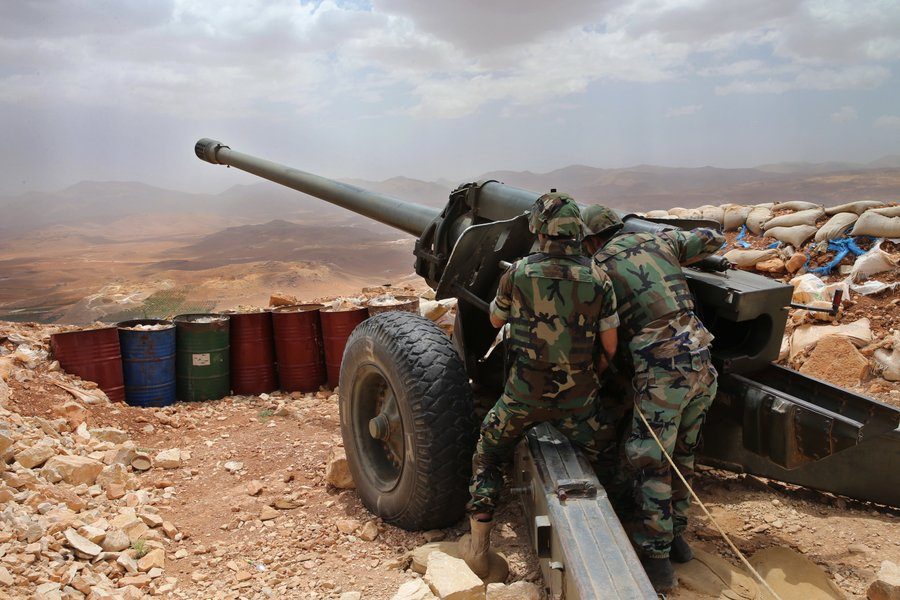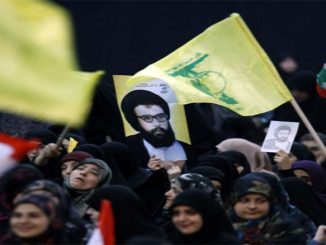
The main points on the agenda of Italian Minister Gentiloni’s visit to Lebanon are bilateral political, economic and cooperation and regional crises, in addition to inaugurating the new pavilion of the National Museum of Beirut, financed by Italy’s Cooperation Directorate.
The Syrian crisis, the fight against Daesh, bilateral relations, cooperation on migration, archaeological and cultural issues are the main points on the agenda of Foreign Minister Paolo Gentiloni’s visit to Lebanon today.
Foreign Minister and Free Patriotic Movement chief Jebran Bassil held talks Friday with his visiting Italian counterpart Paolo Gentiloni and called on the world to support Lebanon to elect a “strong and legitimate” president. The Italian Foreign Minister is also scheduled to meet with Lebanon’s Prime Minister Tammam Salam, the Speaker of the Parliament Nabih Berri.
“We tackled the current challenges that are facing our countries, especially the heavy influx of migrants and refugees and the proliferation of criminal and terrorist organization,” said Bassil after talks with Gentiloni at the foreign ministry.
“We also reiterated the Lebanese stance that calls for the safe return of Syrian refugees to their country,” Bassil added.
He also called on the international community to “back the will of the Lebanese people through respecting their endorsement of a strong and legitimate leadership that enjoys broad popular support, which would make Lebanon a strong and real partner in fighting terror and a model for democracy and human rights.”
The Italian minister for his part hoped a diplomatic solution will soon be found to the Syrian crisis, noting that “what Lebanon is proposing regarding the return of refugees to their country remains something difficult” in the foreseeable future.
Ex-PM Saad Hariri’s recent return to Lebanon has triggered a flurry of rumors and media reports about a possible presidential settlement and the possibility that the former premier has finally decided to endorse FPM founder MP Michel Aoun for the presidency in a bid to break the deadlock.
Lebanon has been without a president since the term of Michel Suleiman ended in May 2014 and Hizbullah, Aoun’s Change and Reform bloc and some of their allies have been boycotting the parliament’s electoral sessions, stripping them of the needed quorum.
Hariri, who is close to Saudi Arabia, launched an initiative in late 2015 to nominate Marada Movement chief MP Suleiman Franjieh for the presidency but his proposal was met with reservations from the country’s main Christian parties as well as Hizbullah.
The supporters of Aoun’s presidential bid argue that he is more eligible than Franjieh to become president due to the size of his parliamentary bloc and his bigger influence in the Christian community.
Minister Gentiloni’s mission falls within the framework of Italy’s contribution to international peace and stability efforts in the Middle East and of the excellent relations between Italy and Lebanon, as proven by numerous bilateral visits, including the visit to Lebanon by Prime Minister Matteo Renzi (22 December of 2015) and by the President of the Republic Sergio Mattarella (13 May of 2016).
In addition, Italy is Lebanon’s largest European trade partner and the second-largest in overall value.
Mr Gentiloni intends to reaffirm Italy’s support to stabilising Lebanon, both through the UNIFIL and through the bilateral training mission (MILBIL).
The visit also has great cultural relevance as it coincides with the inauguration of the new pavilion of the National Museum of Beirut, which is dedicated to Lebanon’s funerary art and is financed by Italy’s Cooperation Directorate. The event will offer the opportunity to highlight, together with Prime Minister Salam and the Minister of Culture Remon Areiji, the numerous cultural cooperation projects that are financed by Italy.



